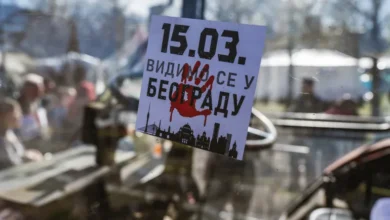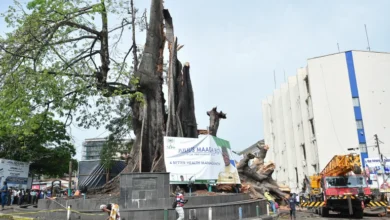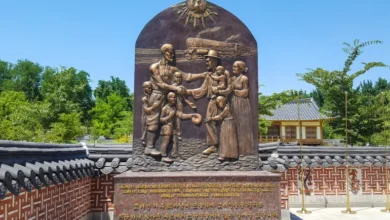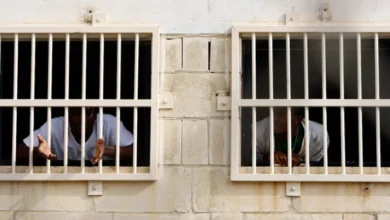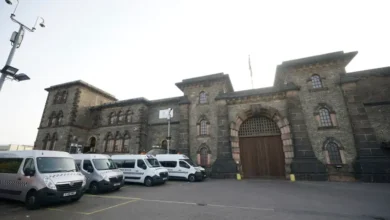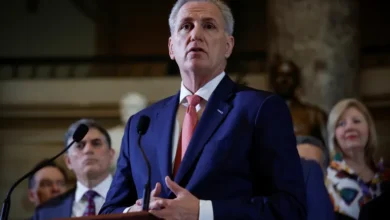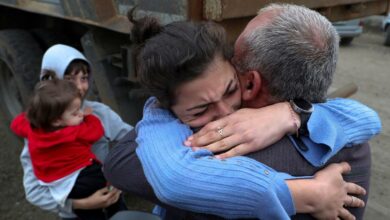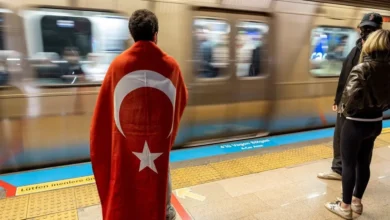Bangladesh curfew eases: What’s opened, what’s still shut
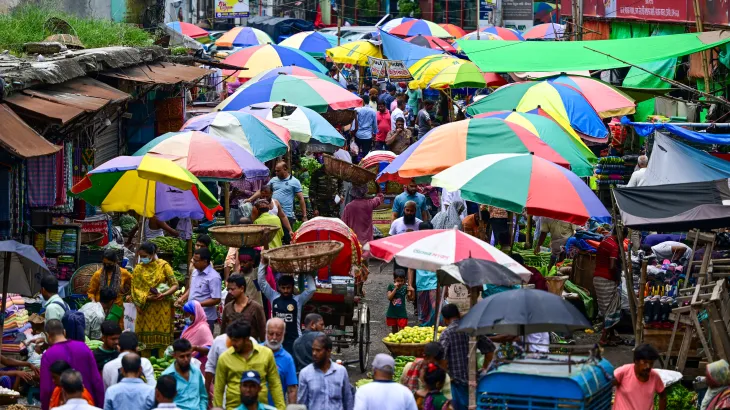
Bangladesh has started to relax a curfew that it imposed after days of deadly clashes between student protesters demanding reforms to a job quota system and a combination of law enforcement officials and members and supporters of the governing party’s youth wing.
Deaths, arrests, and shoot-at-sight orders against those violating the curfew had left the nation of 170 million people gripped in tension, while a telecommunications blackout had cut Bangladesh off from the rest of the world.
What is the latest on Bangladesh quota protests?
The protests that started early in July called for the reform of the South Asian country’s quota system, where 30 percent of government jobs were reserved for descendants of veterans who fought for Bangladesh in the 1971 war.
On Sunday, the Supreme Court scaled back the quotas. The 30 percent quota for veterans’ descendants was cut to 5 percent while limiting a 2 percent quota for ethnic minorities, transgender people and disabled people, leaving 93 percent of the jobs based on merit.
Two days later, Prime Minister Sheikh Hasina’s government issued a letter welcoming the ruling.
While the protesters agreed that the Supreme Court order and the government’s subsequent acceptance fulfilled their early demands of reforming the quota system, they now have renewed demands after more than 150 student protesters were killed and nearly 2,700 arrested, according to local media.
The protests turned violent on July 15 after members of Bangladesh Chhatra League (BCL), the student wing of Hasina’s Awami League party, allegedly attacked the protesters. Police cracked down on the protests and imposed a curfew. Students were asked to vacate universities, which were shut down, as were schools. Businesses closed down and there was a nationwide internet shutdown.On Monday, the protesters announced that they would be suspending the protest until Wednesday. On Tuesday, they extended this suspension until Friday, but they were slated to meet on Thursday to discuss whether they would extend the pause further.
- PM Hasina must publicly apologise for the mass killings of students.
- Home Minister Asaduzzaman Khan, Road Transport and Bridges Minister Obaidul Quader, Education Minister Mohibul Hasan Chowdhury Nowfel, and Law Minister Anisul Haque must resign from the cabinet and the party.
- Police officers present at the sites where students were killed must be sacked.
- Vice chancellors of Dhaka, Jahangirnagar and Rajshahi universities must resign.
- The police and the BCL members who attacked the students and those who instigated the attacks must be arrested.
- Families of the killed and injured must be compensated.
- All party-affiliated student politics, including “terrorist organisation” BCL, should be banned and student councils should be established instead.
- All educational institutions and halls of residence must be reopened.
- Guarantees must be provided that no academic or administrative harassment of protesters will take place.
“Our 9-point demand has now become the demand of the masses. It is now the charter of freedom for the people of Bangladesh,” said a press release issued by the Anti-Discrimination Student Movement, the protest organisers.
Garment factories open, news websites back online
On Wednesday, the curfew was relaxed for seven hours between 10am and 5pm. Banks, government offices and garment factories reopened.
Garment factories in Bangladesh, which employ millions of young women to make clothing items for some leading international brands, fuel the country’s economy. As of Tuesday, the country was estimated to have lost $1.2bn in revenue in less than a week, Al Jazeera’s Faisal Mahmud reported from Dhaka.
Major news websites such as the Daily Star and the Dhaka Tribune, which went offline when the country lost its internet, are online again.
However, the websites of the Prime Minister’s Office (PMO), police and the central bank, which appeared to be hacked, still seemed to be inaccessible. On the PMO’s website, earlier a message read, “Stop Killing Students”, followed by “It’s not a protest anymore. It’s a war now” in blood-red capital letters. The message was no longer visible, though.
Missing protesters returned
Three missing coordinators of the Anti-Discrimination Student Movement – Asif Mahmud, Abu Bakr Majumdar, and Rifat Rashid, all students of Dhaka University – were found blindfolded on Wednesday, five days after they disappeared.
They confirmed their abduction and safe return through Facebook posts but did not provide details.
Another coordinator, Nahid Islam, was also abducted last Friday and released after 24 hours. Islam expressed concerns to Al Jazeera about the safety of students. “We are living in a precarious condition and don’t know when we will be abducted again,” he said.
Is the internet back in Bangladesh?
On Tuesday, fixed-line internet was partially restored after five days, according to watchdog NetBlocks.
Mobile services are expected to be restored by July 29, according to Junaid Ahmed Palak, the telecommunications minister, who also confirmed that social media sites had been blocked.
Even the broadband connection is slow, Ayan added, saying he was using a VPN to access social media sites.
